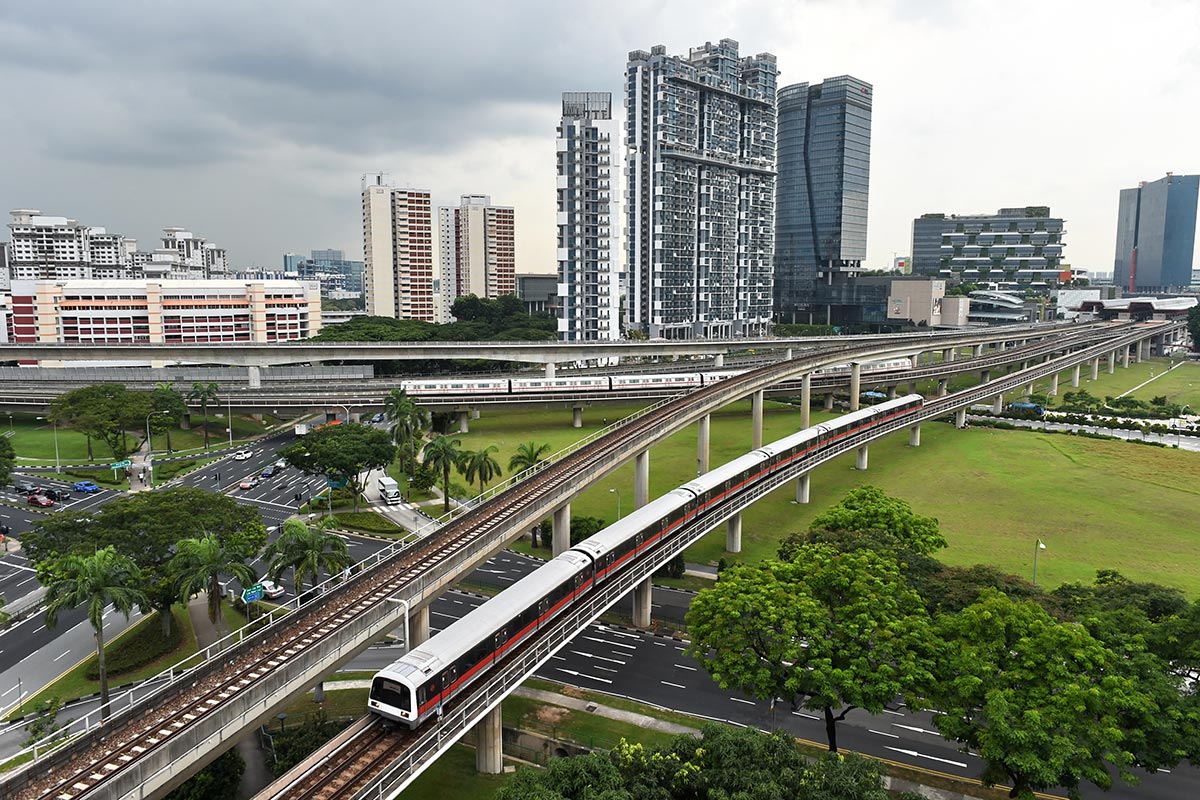Singapore will seek compensation for all costs incurred if Malaysia cancels a planned multibillion-dollar high-speed railway link between the two countries.
Transport Minister Khaw Boon Wan told parliament on Monday that compensation would be sought under the terms of the 2016 high-speed rail bilateral agreement between Singapore and Malaysia.
“We will deal with the question of compensation from Malaysia for costs incurred by Singapore in accordance with the bilateral agreement and international law,” Khaw said, adding that Singapore expected to incur costs of around SGD300 million (US$221.5 million) by the end of the year.
Soon after achieving a stunning upset in Malaysia’s May general election, Prime Minister Mahathir Mohamad said he would cancel the rail link to Singapore, a signature project of his predecessor Najib Razak, in what he called a move to cut costs.
The decision is a setback to construction and rail companies in Asia, including those from China and Japan that are keen to gain a slice of the orders. The 350-kilometer (220-mile) line, with trains moving at a top speed of more than 300 kilometres an hour, was targeted to begin operating in 2026. It would’ve trimmed the land journey between Kuala Lumpur and Singapore to 90 minutes, from about five hours now.
Mahathir has also suspended works on the East Coast Rail Link and energy pipeline projects backed by Chinese state companies, saying they were too costly.
Representatives from Mahathir’s office and transport minister Anthony Loke Siew Fook did not immediately respond to requests for comment.
The move signals a return to rockier ties between Malaysia and Singapore that characterized Mahathir’s first stint in power from 1981 to 2003. Relations had improved under Najib Razak, who in 2013 had agreed with his Singaporean counterpart Lee Hsien Loong to build the rail link.
Wasted expenditure
Singapore had already acquired land for the project, passed legislation, and set up an infrastructure company with a team of more than 100 specialists to build, own, fund and maintain the high-speed-rail civil infrastructure in Singapore, Khaw said.
“All these works cost money,” Khaw said. “Including costs for consultancies to design the civil infrastructure, costs for dedicating manpower to oversee and deliver the project, and costs for land acquisition,” he said.
Based on preliminary estimates, the total cost incurred by the Singapore Government had already exceeded US$185 million by the end of May 2018, with further costs of around US$38 million to be incurred by the end of December.
“This is actual money that has already been spent, our taxpayers money,” Khaw said, adding that a significant amount of the money spent “will be completely wasted expenditure, if the project does not proceed.”
Khaw said that besides costs incurred by Singapore, rail consortia from China, Japan, Europe and other interested parties such as international financial institutions, have also been incurring costs preparing their bids, Khaw added.
Singapore had sent a diplomatic note to Malaysia on 1 June seeking immediate clarification on Malaysia’s position, but “to date, Singapore has still not received a reply from the Malaysian Government,” he said
If the Malaysian Government did not soon provide an official response, “then we cannot ignore the public statements made by the Malaysian Ministers, and Prime Minister Mahathir himself, on the termination of the project, and Singapore will act according to its rights,” Khaw said. – Bloomberg
